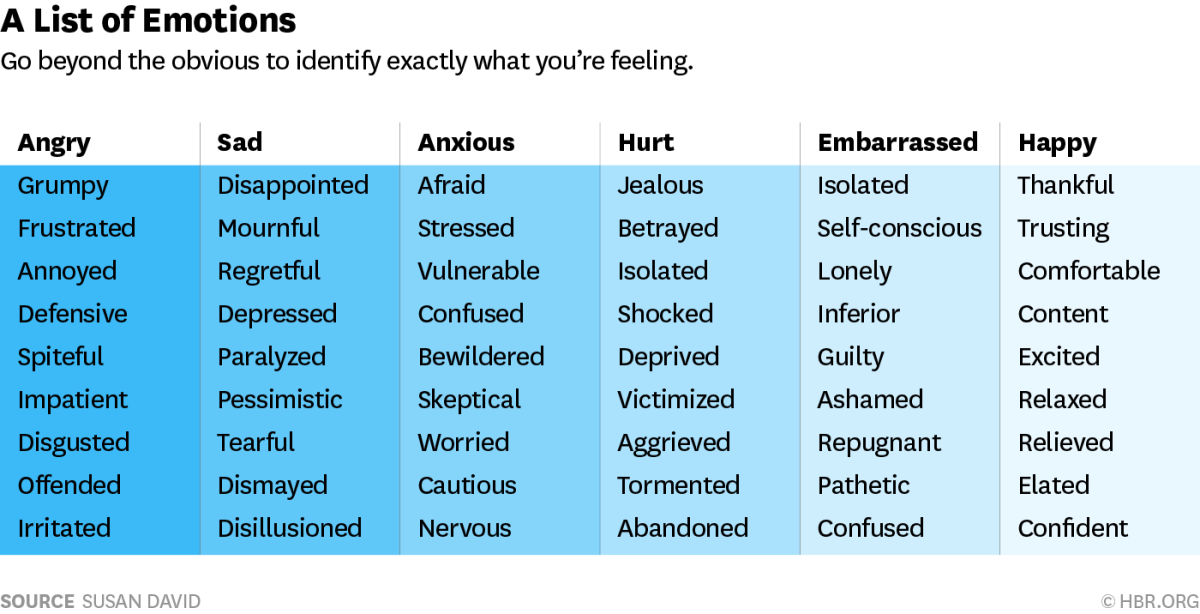Stress management in college students
Five top ways for college students to manage stress
During your time in college, you will likely experience stress here and there. But if you are trying to regularly deal with stress, you should know that it can affect your physical and mental health. These effects can include not eating, overeating, not sleeping well, being moody and irritable for no real reason, being unable to concentrate, using artificial stimulants, drinking alcoholic beverages excessively, abusing drugs, etc. If you find yourself experiencing one or more of these issues, we have some ways that you can alleviate some of that stress. Below are five top ways for college students to manage stress.
1. Eat healthy foods
This sounds almost like a bummer, but it isn’t. What we are talking about here is a diet rich in fruits, veggies, whole grains, and protein. The majority of the time, you need to choose those types of foods. That doesn’t mean you can’t have the occasional donut or potato chips, but what it does mean is that a diet of fast food, processed foods, fried foods, high-fat and high-sugar foods should be avoided most of the time.
Did you know that a poor diet can increase your stress levels? Over time, a nutrition-poor diet can lead to a host of issues, including decreased cognitive function, weight gain, and mental and physical stress. Eating healthy allows your body to be less stressed. If you’re wondering what a healthy diet looks like, check out the “ChooseMyPlate” site by the United States Department of Agriculture. You can even purchase dining plans from Sodexo, which runs the Sub Connection, the cafes in Liesinger Hall and the Walter H. Nolte Gateway Center, and the Tobin Dining Hall. You can even see what’s on the daily menu at Tobin Dining Hall here. Also, don’t forget to drink plenty of water throughout the day.
2. Exercise
You may be surprised at how little you actually need to do to get some exercise in. Even if you can’t give more than 10 minutes a day, that 10 minutes will help release tension, up your mood, and help your body stay healthy. It’s a fact that physical activity does and will improve your overall health and help decrease your stress levels.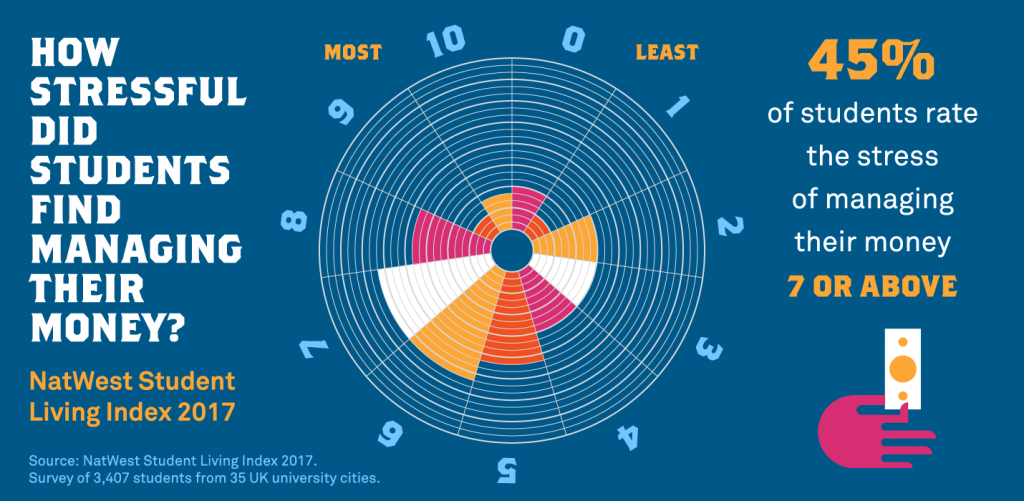 At Casper College, you can work out at the T-Bird Fitness Center or participate in one of our many intramural teams. What other ways can you exercise daily? Park your car farther away from buildings, take the stairs, bike, hike, walk to your destinations, jog, etc. Remember, your body will fight stress better when you exercise, even a little bit!
At Casper College, you can work out at the T-Bird Fitness Center or participate in one of our many intramural teams. What other ways can you exercise daily? Park your car farther away from buildings, take the stairs, bike, hike, walk to your destinations, jog, etc. Remember, your body will fight stress better when you exercise, even a little bit!
3. Get plenty of sleep
One of the first things that you may find yourself skipping is getting enough sleep. Between classes, perhaps a part-time job, homework, and socializing, you might think that missing a few Zzzz is no problem. However, one of the best ways to ward off stress and keep your mind and body operating at peak performance is to get between seven and nine hours of sleep each night. You’ll find that getting enough sleep not only helps you feel and perform better, but it also helps with your memory and ability to recall things, helps with tissue repair and muscle growth, energy levels, and your ability to learn. Without enough sleep, you can find yourself experiencing more stress, which can lead to you not being able to go to sleep at night because you are stressed out! It can be a vicious cycle. One way to overcome this is to have and keep a regular sleep schedule. Try going to bed 30 minutes early and turn off your phone and tablet. Instead, read a book or magazine. If you are still wide awake after about 20 minutes with the lights off, get up and do something calming and soothing, which will allow your brain to calm down.
Without enough sleep, you can find yourself experiencing more stress, which can lead to you not being able to go to sleep at night because you are stressed out! It can be a vicious cycle. One way to overcome this is to have and keep a regular sleep schedule. Try going to bed 30 minutes early and turn off your phone and tablet. Instead, read a book or magazine. If you are still wide awake after about 20 minutes with the lights off, get up and do something calming and soothing, which will allow your brain to calm down.
4. Manage your time and learn to say “no”
You can manage your time through organization and learning to say no. Organization allows you to manage your time, and good time management is one of the best ways to relieve stress. Purchase or make up your own day or weekly planner, use a calendar — Google Calendar or Apple’s iCalendar are both good — or a priority chart, whichever works best for you. Once you have settled on the best time and organization management for you, be sure to stay with it. Prioritize each item for the day or week and then assign an amount of time for each, starting with the most to the least important. This can and should include time for class and study, as well as time for work, family, friends, and yes, even yourself. Be sure to make time for relaxation and what interests you like a hobby or listening to music. And don’t forget not to take on too much. This can mean saying no to the many requests for your time you may get from others. We are often afraid to say no because we don’t want to seem rude or selfish, we feel obligated, we want to please the asker, etc. If you say yes all the time, or even most of the time, you can actually up your stress levels. By saying yes, you are putting your priorities and obligations on the back burner. But, at some point, you will have to go back to them, and if you end up without enough time for your priorities and obligations, you are sure to get stressed out. But you don’t need to be rude when you say no. Just let the other person know that while you appreciate them asking you, you cannot take on their request.
Prioritize each item for the day or week and then assign an amount of time for each, starting with the most to the least important. This can and should include time for class and study, as well as time for work, family, friends, and yes, even yourself. Be sure to make time for relaxation and what interests you like a hobby or listening to music. And don’t forget not to take on too much. This can mean saying no to the many requests for your time you may get from others. We are often afraid to say no because we don’t want to seem rude or selfish, we feel obligated, we want to please the asker, etc. If you say yes all the time, or even most of the time, you can actually up your stress levels. By saying yes, you are putting your priorities and obligations on the back burner. But, at some point, you will have to go back to them, and if you end up without enough time for your priorities and obligations, you are sure to get stressed out. But you don’t need to be rude when you say no. Just let the other person know that while you appreciate them asking you, you cannot take on their request.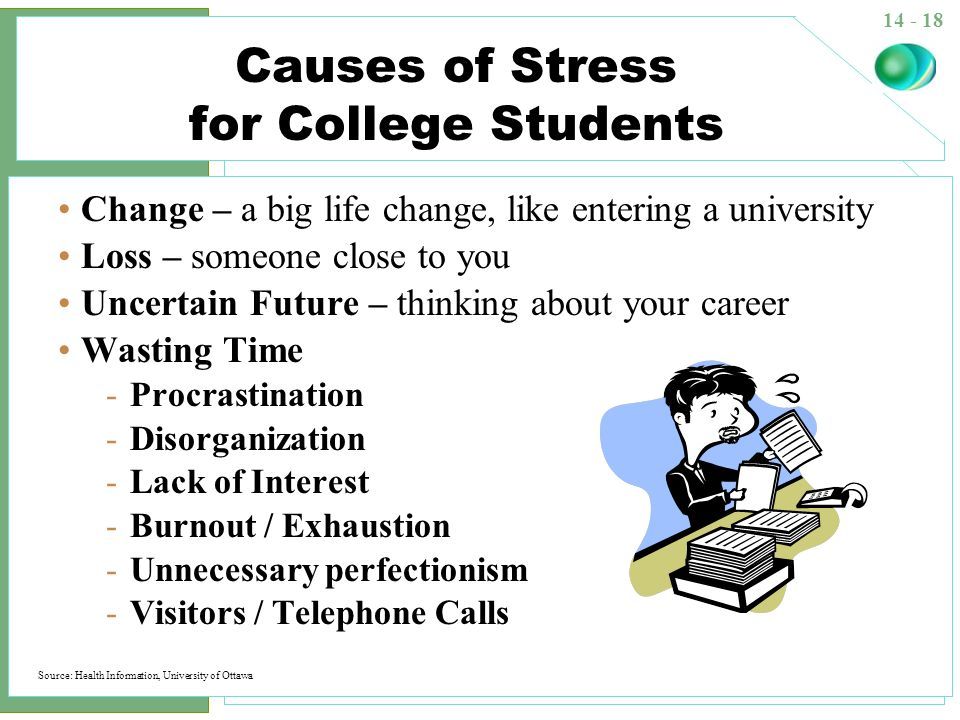
5. Practice Mindfulness
To practice mindfulness is to simply tune into yourself and be fully present in the moment. Studies have shown that when a person is engaged in mindfulness, their stress level is reduced. Students can sign up for a free four-week, one hour per week Koru Mindfulness Course at the Casper College Wellness Center. The course is specifically designed to provide college students with “ … mindfulness, meditation, and stress management skills … “ Students who have gone through the four-week training can feel calmer, more rested, have greater self-compassion and slow down their racing mind. It is important to note that you are less likely to be stressed when you are mindful of your needs and learn to engage in self-compassion. Besides practicing mindfulness, you can also induce relaxation through deep breathing, aromatherapy, hydrotherapy, journaling, and positive thinking.
Remember, college students, like you, can experience stress for many reasons, including new or additional responsibilities, new living arrangements and daily schedules — which can also change eating and sleeping habits, harder classes, meeting new people, etc. However, if you find that stress is still getting to you even after trying these tips or are trying to treat it through alcohol or drugs, you need to ask for help. Casper College provides several avenues for you to pursue. Counseling services are housed within the Casper College Wellness Center. Casper College’s counselors offer individual, couple, and group counseling as well as consultations and crisis intervention. The Casper College Student Success Center can help you find tutoring and study resources, career services, and provide extra guidance, support or a helping hand. All of these services are free and confidential.
However, if you find that stress is still getting to you even after trying these tips or are trying to treat it through alcohol or drugs, you need to ask for help. Casper College provides several avenues for you to pursue. Counseling services are housed within the Casper College Wellness Center. Casper College’s counselors offer individual, couple, and group counseling as well as consultations and crisis intervention. The Casper College Student Success Center can help you find tutoring and study resources, career services, and provide extra guidance, support or a helping hand. All of these services are free and confidential.
Media contact: Lisa S. Icenogle
Subscribe
If you enjoyed this story, receive more just like it:
- Subscribe to email updates
The Student's Guide to Managing Stress
Stress levels in college students may be on the rise, but there are many ways to combat it. Get helpful tips for managing stress in college.
Reviewed by Karen Luu, MSN, PMHNP-BC
Our Review Network
BestColleges is committed to delivering content that is objective and accurate. We have built a network of industry professionals across healthcare and education to review our content and ensure we are providing the best information to our readers.
With their first-hand industry experience, our reviewers provide an extra step in our editing process. These experts:
- Suggest changes to inaccurate or misleading information.
- Provide specific, corrective feedback.
- Identify critical information that writers may have missed.
Our growing Review Network currently consists of professionals in fields like business, nursing, social work, and other subject-specific industries; professionals in higher education areas such as college counseling and financial aid; and anti-bias reviewers.
Reviewers typically work full time in their industry profession and review content for BestColleges as a side project. Our reviewers are members of the Red Ventures Education Freelance Review Network and are paid for their contributions.
See a full list of our Review Network contributors.
Edited by Hannah Muniz
Share this Article
Image Credit: g-stockstudio / iStock / Getty Images Plus
If you or someone you know is considering suicide, please contact the National Suicide Prevention Lifeline: 988 or 1-800-273-TALK (8255), available 24 hours a day, seven days a week.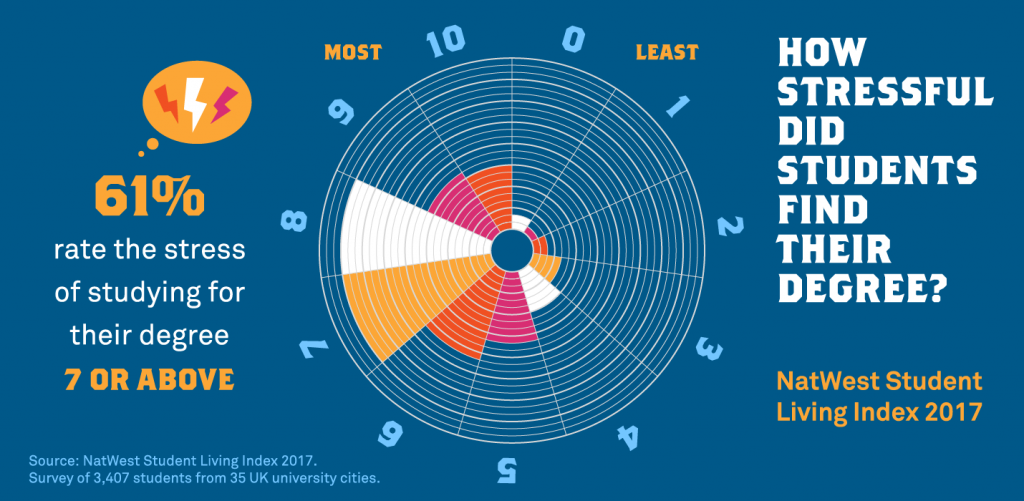 All calls are confidential, and anyone can use this service.
All calls are confidential, and anyone can use this service.
- Common among students, stress can cause adverse mental and physical side effects.
- Stress has many identifiable symptoms that can affect academic performance.
- Many colleges provide students with online and in-person mental health resources.
- If a school doesn't have the resources you need, it can direct you to external services.
Stress is just one of the many hurdles college students face. Short-term stress can help learners raise a grade, polish an essay, or pursue a coveted career opportunity. But long-term stress, if left unaddressed, can have detrimental side effects.
According to the American Institute of Stress, 4 in 5 college students experience frequent stress. Unchecked stress can lead to physical side effects like trouble concentrating, irritability, a lack of energy, appetite changes, a weakened immune system, and trouble sleeping.
In addition to the negative side effects stress brings, more college students than ever report feeling it for extended periods. Although the majority of this stress often stems from coursework, other factors, such as family, friends, and work, can increase stress and contribute to undesirable academic and personal outcomes.
To address this issue, many colleges provide ample resources and opportunities for students to deal with stress positively. Keep reading to learn more about the different types of stress and solutions for managing it.
What Is Stress and How Does It Affect College Students?
Stress is a physical reaction to a person's emotions. Both positive events (e.g., an upcoming wedding) and negative events (e.g., the loss of a loved one) can cause stress.
When you feel an emotion that triggers stress, your adrenal gland releases epinephrine — the hormone responsible for the flight-or-fight response — and then cortisol. In dangerous situations, this response can save your life. Too much cortisol, however, can have a long-term, negative impact on your metabolic rate, memory formation, and blood sugar regulation.
In dangerous situations, this response can save your life. Too much cortisol, however, can have a long-term, negative impact on your metabolic rate, memory formation, and blood sugar regulation.
Stress can take one of three forms:
- Acute Stress: The most common form of stress, acute stress is the result of day-to-day stressors, such as waking up late, running to class, or receiving a bad grade. Fortunately, most acute stress fades quickly and has little mental or physical impact.
- Episodic Acute Stress: As its name suggests, episodic acute stress develops when a student experiences acute stress multiple times over an extended period. Common symptoms include migraines and tension headaches.
- Chronic Acute Stress: Chronic acute stress happens when someone can't avoid a long-term stressful situation. For example, students struggling academically in a major course may develop chronic acute stress, which can lead to weight gain, sleep deprivation, and anxiety.

What Are the Symptoms of Stress in College Students?
When people are exposed to stressors or stimuli that provoke stress, they experience an array of physical, emotional, behavioral, and cognitive reactions. As such, two students might experience stress in very different ways.
Below are some of the various ways stress can manifest in people.
- Physical Symptoms: Sweating, increased heart rate or blood pressure, vertigo, shortness of breath, muscle tension, headaches, stomachaches, fatigue
- Emotional Symptoms: Hostility, irritability, and other mood changes; increased worrying; feelings of helplessness; loneliness
- Behavioral Symptoms: Binge or reduced eating, drug or alcohol misuse, decreased sex drive, erratic sleep habits
- Cognitive Symptoms: Memory loss, loss of concentration, negative outlook, dissociation (i.
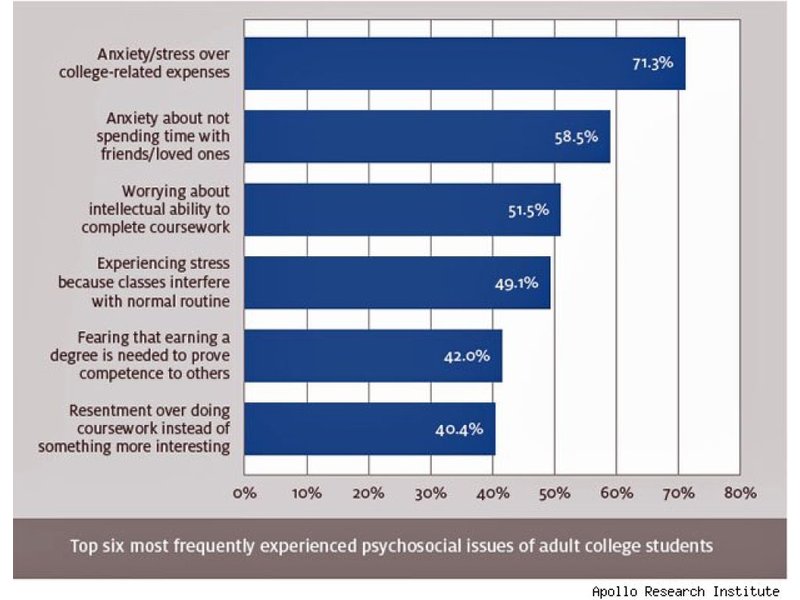 e., disconnection from your thoughts, feelings, and identity)
e., disconnection from your thoughts, feelings, and identity)
What Are the Causes of Stress in College Students?
College students respond to stressors in different ways, but some situations are almost always stressful. Here are some of the most common stressors for students.
Finances
Many students work while in school to afford high tuition and housing costs. Unfortunately, part-time jobs typically pay just minimum wage. If you're struggling economically, speak to your financial aid office to see whether you qualify for grants, loans, or work-study.
Homesickness and New Levels of Independence
On top of classes, exams, and meeting people, many students have to deal with growing up. Out-of-state students may be living away from their homes for the first time in their lives, which can easily become a source of constant stress.
Living Among Strangers
Students new to campus life often feel isolated, especially if they're in an unfamiliar city or state. Some students are naturally shy and may find it difficult to make friends.
Some students are naturally shy and may find it difficult to make friends.
Cohabitating With Roommates
Many students may not be accustomed to sharing a room with someone else, especially if their roommate is someone they hardly know. This situation can compound the normal stress of college life.
Coursework and Exams
Students often feel overwhelmed by the increased workload associated with college-level coursework. This realization can blindside students and contribute to stress and anxiety. In many classes, exams make up a large percentage of students' grades, causing midterms and finals to be more stressful than normal.
Family Turmoil or Loss Back Home
A 2014 NPR study found that the death of a loved one is the second-highest cause of stress amongst U.S. adults. A death in the family can be extremely traumatic for college students, especially if they live away from home and can't afford to take a break from classes.
Work Schedules
According to a 2013 survey by Citibank and Seventeen Magazine, 4 in 5 students work while attending college. The average student works 19 hours a week. Many learners try to find a job that can accommodate the scheduling concerns associated with full-time education.
Social Obligations
In addition to academic pressures, college introduces plenty of social pressures, such as the idea that you must make tons of friends and party every weekend. Peer pressure and societal expectations can exacerbate stress, especially for first-year students.
Romantic Relationships
Romantic relationships take work. When you and your partner face the stresses of college life, the pressure can feel even greater. Additionally, many students may be in the process of questioning their sexuality and/or gender identity, which can impact dating and relationships.
Can College Stress Lead to Other Health Conditions?
Research shows that stress can lead to the development of many mental health conditions, including depression, anxiety, and substance misuse. It can also introduce physical conditions like chronic pain.
It can also introduce physical conditions like chronic pain.
Depression
Depression is a complex mental health condition often caused by a combination of biological, psychological, and environmental factors. Floods of stress hormones can make people, including busy college students, more susceptible to depression.
Anxiety
Severe anxiety can signal an anxiety disorder. This condition, which is especially common among college students, is characterized by physical symptoms, such as muscle tension and shaking, as well as by racing thoughts, feelings of impending doom, fear, excess worry, and irritability.
Sleep Disorders
Sleep disturbances and anxiety often come hand in hand. According to the Anxiety and Depression Association of America, sleep problems can cause or exacerbate anxiety, and vice versa.
Substance Misuse
Some students turn to alcohol or drugs to help manage their stress; however, these dangerous coping mechanisms can lead to substance misuse.
 A 2018 study by the National Institute on Drug Abuse found that 28% of college students had engaged in binge drinking in the two weeks before the survey was conducted.
A 2018 study by the National Institute on Drug Abuse found that 28% of college students had engaged in binge drinking in the two weeks before the survey was conducted.Chronic Muscle Pain
For some students, stress can lead to ongoing physical conditions such as chronic neck aches, backaches, stomach aches, and headaches. The National Institutes of Health recommends practicing yoga and meditation to relax your body and release muscular tension.
How to Manage Stress in College: 7 Key Tips
Figuring out what situations might cause stress is only half the battle for college students. Fortunately, there are several tricks you can use to help you avoid getting stressed out, reduce how much stress you feel, and improve your ability to cope with and ultimately eliminate stress.
1. Get Enough Sleep
Getting both quality sleep and enough sleep offers a variety of health benefits, including reducing stress and improving your mood. What's more, students who sleep well are less likely to get sick, have better memory recall, and enjoy a clearer mind.
What's more, students who sleep well are less likely to get sick, have better memory recall, and enjoy a clearer mind.
2. Eat Well
Make an effort to eat nutritious meals and avoid eating on the run so you can avoid indigestion. You may also look for foods that are known to combat stress and boost your mood.
3. Exercise Regularly
In addition to keeping your body healthy, regular exercise releases endorphins and improves your overall cognitive abilities. Exercise can even help you fall asleep, thereby reducing stress. Keep in mind that exercise doesn't need to be strenuous — yoga, short walks, and stretching can all lead to immense mental health benefits and help relieve tension.
4. Don't Rely on Stimulants
Drinking coffee and energy drinks to fuel your late-night study sessions will inevitably lead to a crash later on. These stimulants boost cortisol levels in the body, increasing the physical effects of stress.
5. Set Realistic Expectations
Consistently having too much on your plate can lead to a lot of stress. Try to manage your workload by setting realistic expectations and picking a class schedule that gives you plenty of time to study and relax.
Communication with professors is key — if you're swamped with work, you might be able to get an extension on an assignment by simply asking and explaining your situation.
6. Avoid Procrastinating
Procrastination might feel good in the moment, but it often leads to stress. By managing your time wisely, you can avoid spending all night catching up on coursework. Additionally, habitual procrastination may be a sign of ADHD or anxiety.
7. Identify a Stress Outlet
Stress can never be completely avoided; however, finding a healthy way to reduce stress can go a long way toward keeping it from overwhelming you. Common stress outlets include exercise, spending time with friends and family, and getting massages.
You can also try relaxation techniques such as deep abdominal breathing, concentrating on a soothing word (like "peace" or "calm"), doing yoga or tai chi, and visualizing tranquil scenes.
Where Can Students Go for Help With Managing Stress?
Stress can rise to dangerous levels, threatening students' physical, emotional, and mental health. But nobody has to face stress alone. Here are some organizations and resources you can contact to receive treatment and support for managing stress in college.
On-Campus Mental Health Services
Most colleges offer on-campus (and sometimes virtual) mental health services to students. You can usually find out more about a school's services by going online to its official website.
If you need immediate assistance, contact your school's student services. This department can direct you to appropriate resources, such as mental health clinics, online screening, and individual or group counseling. Taking advantage of these services can improve your mental health, allowing you to thrive academically and socially.
Taking advantage of these services can improve your mental health, allowing you to thrive academically and socially.
Off-Campus Centers and Hotlines
Schools that can't provide appropriate stress management resources will direct students to use an outside service, such as a local counseling or therapy center.
Other external resources include 24/7 hotlines. The National Suicide Prevention Lifeline at 1-800-273-8255 gives students space to talk with trained professionals about suicide ideation and conditions such as severe stress, depression, and anxiety.
Similarly, The Trevor Project offers many support services, including a 24/7 crisis counseling center and hotline, for LGBTQ+ students experiencing stress and other mental health challenges. For help, text START to 678678.
Once these professionals identify the underlying issue, they connect students with a long-term solution, such as a psychiatrist or substance misuse prevention group.
Frequently Asked Questions About Managing Stress in College
If left unaddressed, stress can lead to depression and anxiety in students. This can, in turn, negatively impact school and work performance and personal relationships with family, friends, co-workers, and peers.
Adopting a stress-management regimen is one of the best ways to avoid and ameliorate problems related to stress. Students may want to practice yoga, meditation, and/or mindfulness on a regular basis.
Many factors contribute to rising stress levels in college students. For one, college continues to grow more and more expensive, which can pose financial obstacles to students and lead to stress and anxiety. Other common causes of college stress include challenges posed by the COVID-19 pandemic, rigor of coursework, struggles making friends, homesickness, and housing and food insecurity.
Students can manage stress in many healthy ways, such as by pursuing a new hobby, building a support system, and working on time-management skills. Other stress-management techniques include journaling and seeking counseling or medical help. Students should refrain from using drugs and alcohol to manage stress.
DISCLAIMER: The information provided on this website is not intended or implied to be a substitute for professional medical advice, diagnosis, or treatment; instead, all information, content, and materials available on this site are for general informational purposes only. Readers of this website should consult with their physician to obtain advice with respect to any medical condition or treatment.
How Colleges Can Support Students in Distress
With COVID-19 exacerbating stress levels and challenges for students, colleges need to start thinking about how they can leverage services to support learners.
Staff Writers
Top 5 Mental Health Challenges Facing College Students and How to Get Help
Learn the signs and symptoms of the most common mental health conditions among college students, and find resources for support.
Staff Writers
College Suicide Prevention Guide
Research indicates that more and more college students are thinking about suicide. Learn how to recognize the warning signs and get help.
Staff Writers
Effective College Stress Management Tips
Many students experience significant stress, and this stress can have a significant negative impact on their health, happiness, and even their grades.
Even a recent study by the American Psychological Association (APA) shows that teens report similar levels of stress to adults.
This means that adolescents experience significant levels of chronic stress that cannot be ignored. In addition, these teenagers find that the stress they are experiencing exceeds their ability to deal effectively with the environment.
Many of them report feeling overwhelmed and overwhelmed by this problem.
It is well known that stress is a factor influencing behaviors that are important to health, such as sleep patterns, diet and exercise.
Considering that almost half of the respondents in a study by the American Psychological Association (AMA) reported that they do about three hours of homework per night, in addition to their full-time work at school and extracurricular activities, it becomes quite clear why stress is a big problem for them.
A common cause of stress among college students
Various studies, even a study by the American Psychological Association (AMA), have found that most of the stress students experience is related to their school activities.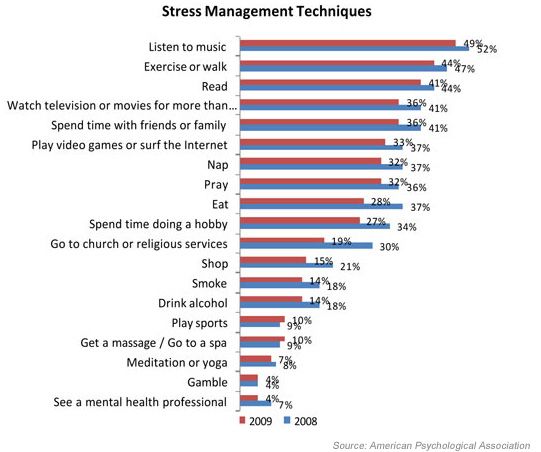
These studies also show that chronic stress can lead to dropouts and mental health problems.
Some of the common causes of stress identified in these studies include:
- School
- Homework
- Extracurricular activities
- Social challenges
- Transitions (i.e. End of study, move, independent accommodation)
- Work
students more often all face stiff competition as they take challenging courses, accumulate impressive extracurricular knowledge, study and pass class tests, and tackle important plans that will change their lives.
However, they have to overcome social problems. Teenagers who decide to go to college after high school continue to suffer from stress even after they enter college. The stress becomes even more difficult for them as they have to make new friends, deal with the more difficult workload of school, most often without parental support, and also the burden of living on their own.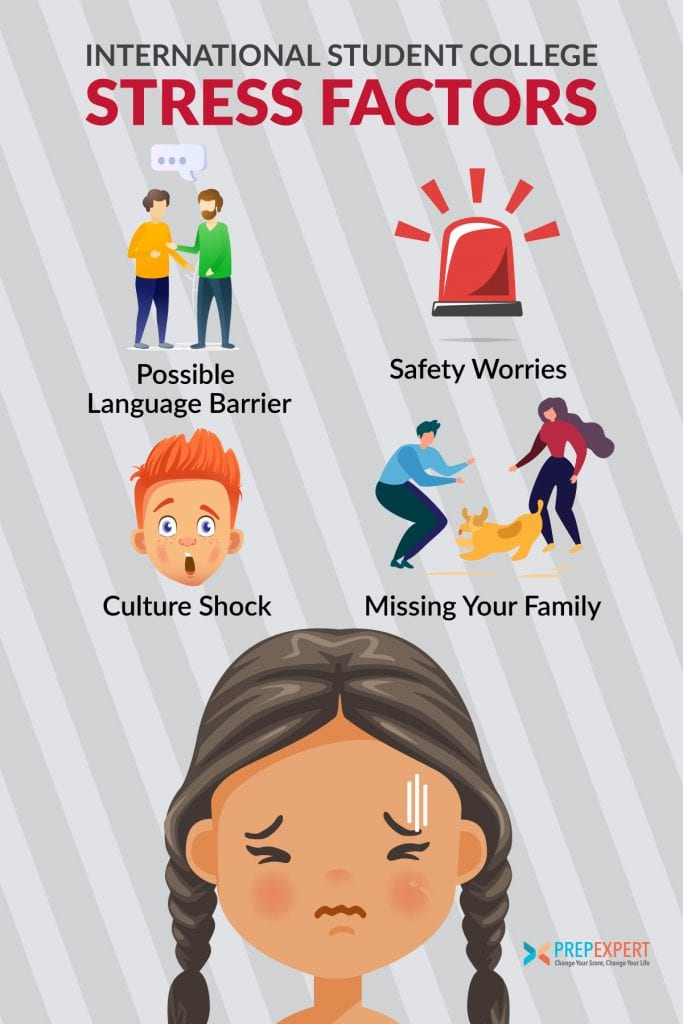 Romantic relationships also add another level of stress.
Romantic relationships also add another level of stress.
What is stress?
Stress occurs naturally when we are faced with various difficult situations. It is a natural response to life and challenges, and in most cases it is believed to help people focus on actually getting things done when under pressure.
Many students feel the need to relieve stress but find it difficult to find time to try new stress relievers to help themselves because of all the activities and responsibilities that leave them with busy schedules.
This is because they have neither the knowledge nor the experience of some relatively simple, quick and relevant options to help them cope with the stressful life of students.
As a student, recognize that in order to have the best college experience, it is important to understand yourself on an individual level, the stress you face, and find the best strategies you can use to deal with stress while studying. . .
.
Effective College Stress Management Tips
Some of the best strategies students can use to manage their college stress effectively are listed below, in no particular order:
1. Get enough sleep:
Most In some cases, students are busy with various activities at school and are to blame for not sleeping or getting very little sleep. Unfortunately, this bad habit puts them at a distinct disadvantage as they operate in a state of sleep deprivation.
They become less productive, have difficulty studying and sometimes suffer from some kind of illness due to depriving themselves of sleep for an unhealthy period of time.
As a student, don't neglect your sleep schedule. Aim for at least 8 hours of sleep a night and take naps when you need to.
2. Exercise regularly:
An easy way to blow off steam is to exercise regularly. Adding exercise is one of your student routines that can do wonders for your life.
Weekly exercise is known to effectively balance your physical and mental responses to life's stressful situations.
One recent study by the American Anxiety and Depression Association found that up to 85% of college students reported feeling overwhelmed in 2020 by various activities they had to go through.
However, just 20 minutes of exercise a day can help relieve stress, improve mood, sleep and increase energy levels. This is one of the best effective college stress management tips.
3. Eat a healthy diet:
You need to keep your immune system in top condition to fight disease. This means that you must pay due attention to your hygiene as well as your diet.
Recent scientific studies show that consuming too much sugar negatively affects your immune system, and this may mean that your body will not be ready to fight germs that invade your body.
In general, eating good, nutrient-dense foods will keep you healthy and make you feel better. It is better to focus on lean protein, healthy carbohydrates, vegetables and fruits that will help keep your body strong.
It is better to focus on lean protein, healthy carbohydrates, vegetables and fruits that will help keep your body strong.
4. Get help with stress and anxiety:
Get help if you notice that you are experiencing a lot of stress and anxiety while on campus.
Talking about your problems can help them seem more manageable, and it's nice to have a trusted friend who can help.
Choose a friend or family member who will not be judgmental or give a lot of advice. You can also seek help from a professional counselor or psychologist at your school. This is one of the best effective college stress management tips.
5. Avoid unnatural energy boosters:
Using artificial stimulants like caffeine pills or prescription drugs can help you stay up all night to study, but delaying your body's need for sleep will certainly result in energy failure, which will make you even more susceptible to stress. It's just better that you don't struggle with your body's sleep schedule all the time.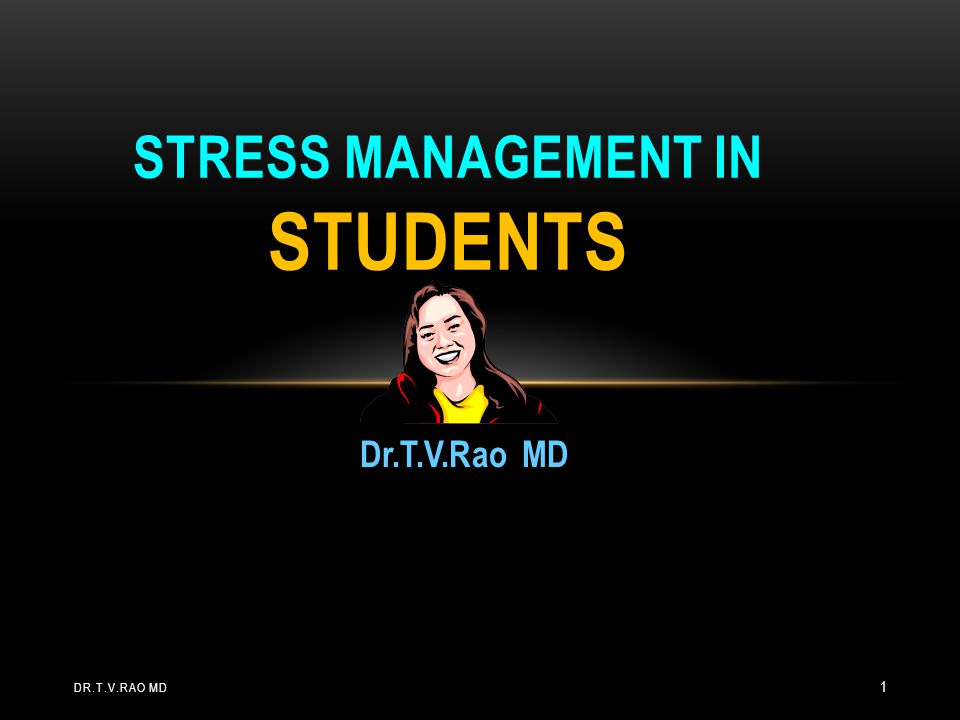 This is one of the best effective college stress management tips.
This is one of the best effective college stress management tips.
6. Practice visualization:
Guided imagery is a simple and effective way to reduce stress. Visualizations really help you take your mind off what's stressing you out, help you calm down, and turn off your body's response to stress.
In addition, you can use visualization to prepare your presentations and score higher on tests by seeing how you do exactly what you want to do.
7. Take calming breaths:
Most times when you're stressed, you often won't be able to think as clearly as you could. A simple and effective way to calm down is to do breathing exercises.
These breathing exercises require little energy and can be done almost anywhere to relieve stress in minutes.
They are especially effective for reducing anxiety before or after tests, and at other times when you are overwhelmed with stress. This is one of the best effective college stress management tips.
8. Practice progressive muscle relaxation (PMR):
This is a great stress reliever to use during tests, before bed, or even at other times when you are physically stressed out.
This technique involves tensing and relaxing all the muscles until the whole body is completely relaxed.
It becomes useful for students because it can be adapted to help relax before bed to get a wonderful sound sleep.
Students can always use this to relax and get rid of the anxiety that comes up before and during tests.
9. Listen to music:
Music is a convenient stress reliever that has many cognitive benefits. This is a simple and effective way to help you relieve stress and either calm down or stimulate your mind, depending on what you need at the moment.
Students can enjoy the benefits of music by listening to classical music while studying, invigorating music to keep them awake, or relaxing to their favorite tunes.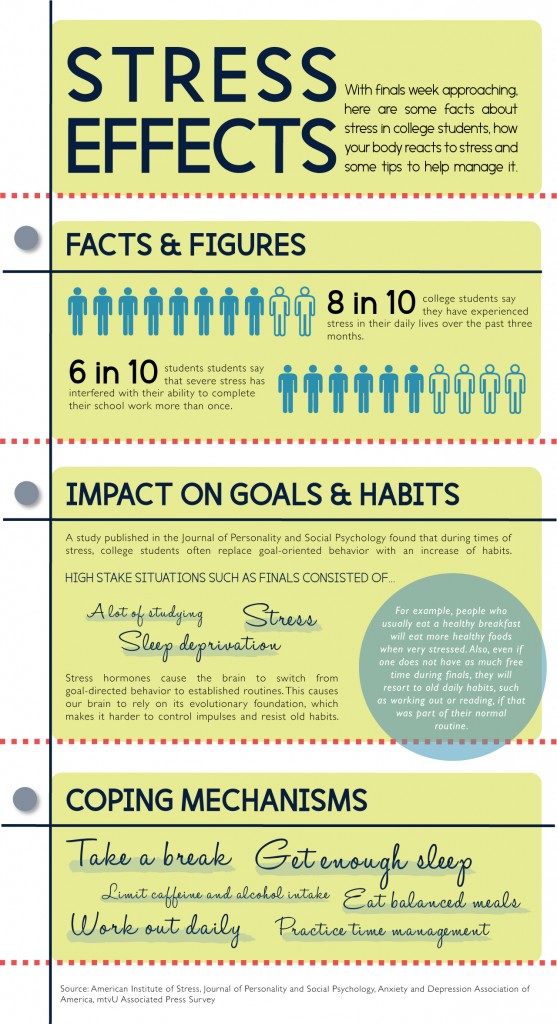
10. Proper time management:
As a student, how you collect and use your time matters a lot. Paying attention to how you manage your time will improve your lifestyle and help you deal with stress.
This means that instead of exhausting yourself with a to-do list every day, try to concentrate and enjoy the extra free hour you get before your next class.
One of the main reasons why many students experience constant stress is that they tend to always put things off until the last minute, which often gives the impression that they are not given enough time to do something.
Step by step and breaking complex tasks into smaller and more manageable parts, you will be able to fight procrastination and manage stress effectively.
In addition, it is important to understand that all types of stress are not the same, since some stresses occur naturally and are even beneficial for our development, but knowing how different types of stress can affect you is essential for your mental health. and physical health.
and physical health.
11. Practice self-care:
Usually, many college students struggle to maintain a steady pace of life. For them, everything from healthy eating, proper sleep and physical activity seems elusive without the structure of a home where they are guided by their parents or guardians.
However, self-care behaviors are important, helping to regulate your mood and cope with stressful situations.
Many students do not understand routine and how it can help them get their lives on track and set a goal. Where there is no purpose, there is no life, joy and energy.
Taking good care of yourself is important because it helps you manage your time and manage stress better. This is one of the best effective college stress management tips.
12. Use Positive Thinking and Affirmations:
It is widely believed that most optimists actually experience better life circumstances, and part of their way of thinking helps create better circumstances.
This habit of positive thinking can improve health, improve relationships, and even improve grades.
Training your brain for more positive self-talk and a brighter future with affirmations and other tools of optimism will prove very beneficial on a personal level.
In addition, it is important to learn the limitations of positive thinking statements and warnings so that you do not work against yourself. This is one of the best effective college stress management tips.
13. Yoga and Mindfulness:
Student life, filled with a lot of information to digest and deadlines to meet, being away from home in the comfort of your loved ones can be an overwhelming experience.
Activities such as mindfulness and yoga help students cope with stress.
While mindfulness helps you better focus on the present moment and analyze your thoughts and feelings, yoga helps you stay physically flexible and release tension.
Recently, yoga and mindfulness have gained popularity as a useful tool for dealing with stress and increasing concentration among people from different walks of life, mainly because they are often supported by science.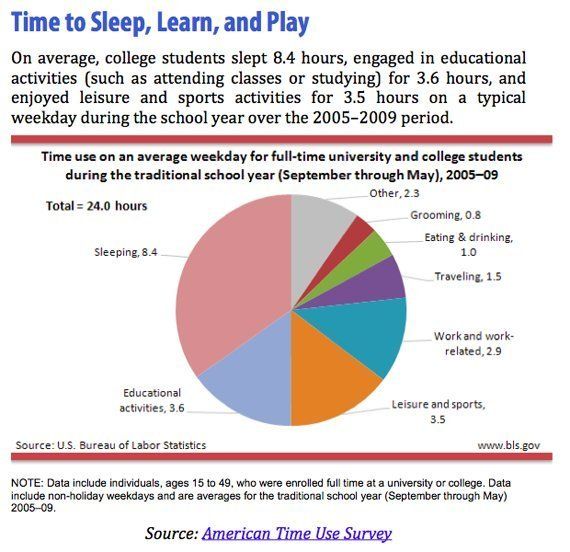
Yoga and mindfulness is an effective, accessible and enjoyable tool that students can use to reduce stress, increase productivity and well-being. This is one of the best effective college stress management tips.
14. Try not to overburden yourself:
Students easily fall into the trap of taking more than they can handle between their extracurricular groups and even work. As a student, you should avoid signing up for too many courses and not be afraid to drop one if the load is too high.
Also remember that you can turn down requests to organize school activities when you already have a lot of things to check.
While you are at school, you are your own parent and must take care of yourself as you would a child in your care. This is one of the best effective college stress management tips.
15. Avoid relaxing with alcohol
Drinking three or four beers to relieve stress after a hard day at school may seem logical, but any unresolved stress will return to you after the temporary excitement subsides.
In addition, if you abuse alcohol, you may subsequently experience nausea and hangovers and remain at risk of developing alcohol dependence if you drink alcohol regularly.
16. Don't give up on your hobbies:
Devoting just a couple of hours a week to a hobby or activity you enjoy is a great way to de-stress your college years. This activity, in addition to relieving stress, helps you find peace.
17. Go for a massage:
Stress comes from having your muscles stiff and tense, and a massage from a professional massage therapist can help loosen them, providing stress relief.
18. Keep your space clean:
When you're in college, your room or apartment can easily get messy, and the last thing you want to do is look for a charger while you're immersed in your project.
A tidy space will have a positive effect on your mood, so always find time to clean your room and maybe do your laundry. This is one of the best effective college stress management tips.
This is one of the best effective college stress management tips.
Conclusion
While college can be intimidating and overwhelming for many students, it is still a rewarding experience. College students experience stress that can often undermine their academic achievement, as well as their social and personal lives.
A good understanding of the causes of stress, its symptoms, and early detection will help you make better decisions in the future and enjoy college more.
FREQUENTLY ASKED QUESTIONS (FAQ)
Common causes of stress among college students are extracurricular activities, homework, college graduation, independent living, romantic relationships.
Although it may give a feeling of relief, this feeling is usually temporary. Therefore, alcohol is not a healthy option.
While in college, routine exercise, good sleep, healthy eating, meditation, yoga, and mindfulness, plus many of the other techniques mentioned in this article, will help you manage stress effectively.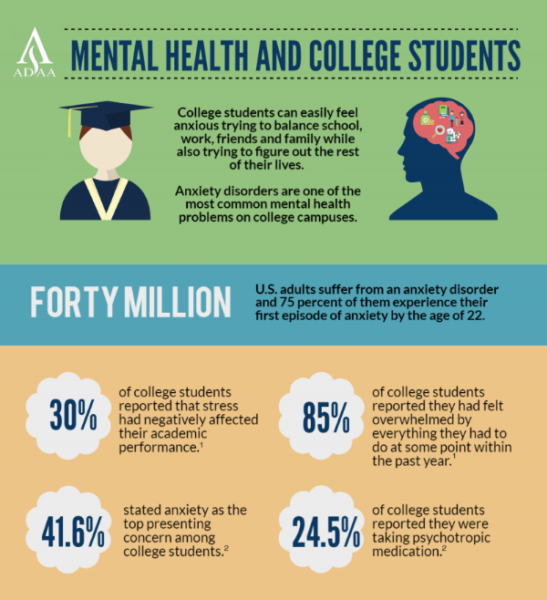
While there are several ways to manage your time as a college student, identifying time wasters, planning with a to-do list, completing one task at a time, establishing a routine, etc. will go a long way in helping you.
This is adaptation, change, acceptance and adaptation.
Yes, students who manage stress effectively tend to do better than those who do poorly.
Recommendation
- verywellmind.com/top-school-stress-relievers-for-students/
- wp.nyu.edu/dispatch/5-Effective Ways to Manage College Stress/
- dailyhealth.com/college-health/college -life-10-ways-to-reduce-stress/
- mayoclinichealthsystem.org/hometown-health/speaking-of-health/5-tips for managing stress
- mayoclinichealthsystem.org/hometown-health/speaking-of-health /the-4-as-of-stress-relief
- purdueglobal.edu/blog/student-life/time-management-busy-college-students/
- timely.ac.uk/application-for-university/university-life/5-ways-to-manage-student-stress
- The 20 Best Stress Relief Toys That Will Keep You Toned All Day
- 4 Ways Your Lifestyle Can Solve Your Money Problems | GUIDE
- Time Management Skills: An Overview and Examples
- How to live without work and pay bills without stress
- The 25 Least Stressful Jobs That Pay $5,000 or More a Month
 Greenberg
Greenberg 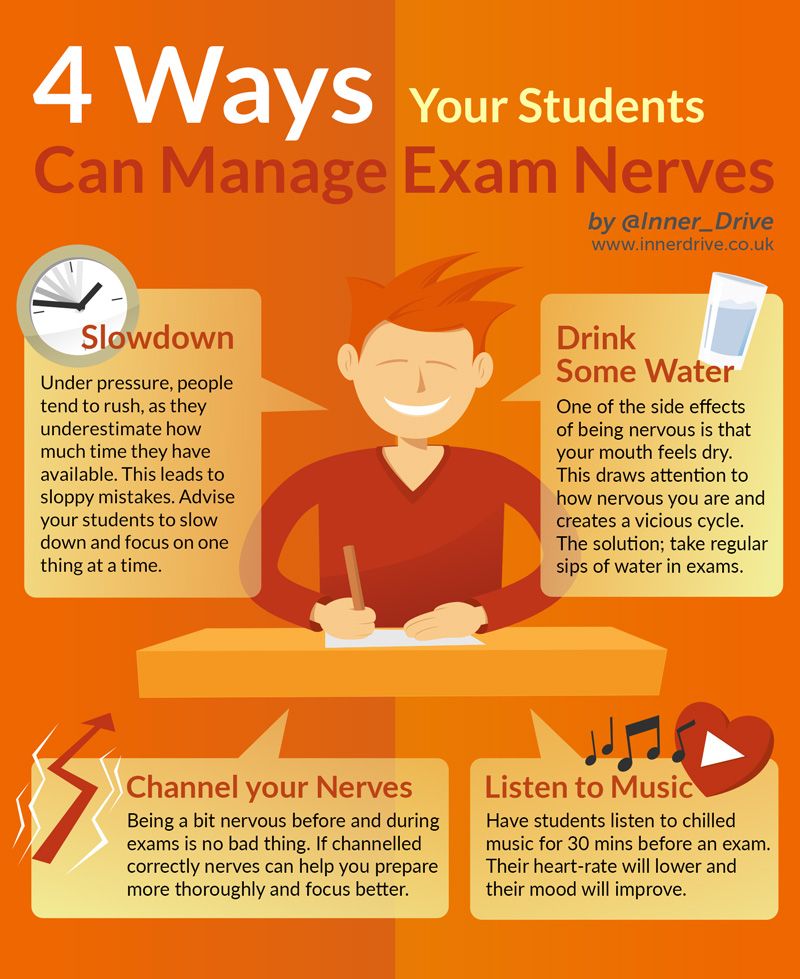 Methods for assessing and measuring various manifestations of stress, methods of coping with stress, relaxation exercises, etc. are also presented. In this book, written in an accessible language and withstood seven editions, everyone will find interesting and useful information for themselves - both a specialist and just an inquisitive one.
Methods for assessing and measuring various manifestations of stress, methods of coping with stress, relaxation exercises, etc. are also presented. In this book, written in an accessible language and withstood seven editions, everyone will find interesting and useful information for themselves - both a specialist and just an inquisitive one.  .............................................. .......26
.............................................. .......26  .............................................46
.............................................46  ...........................................64
...........................................64  ..76
..76  .......................... ........100
.......................... ........100  .............................................. 132
.............................................. 132  ............................................. 148
............................................. 148 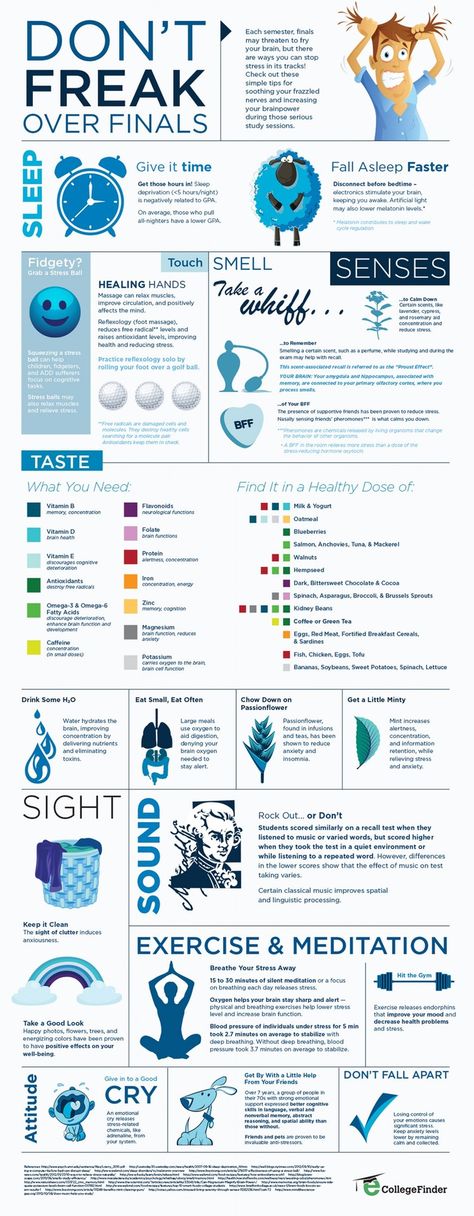 ......................................164
......................................164  .......................................................193
.......................................................193  .......... .......202
.......... .......202  ............................................. .......218
............................................. .......218  .........................................231
.........................................231  ...................... .241
...................... .241  .....................................................256
.....................................................256  .............................................272
.............................................272 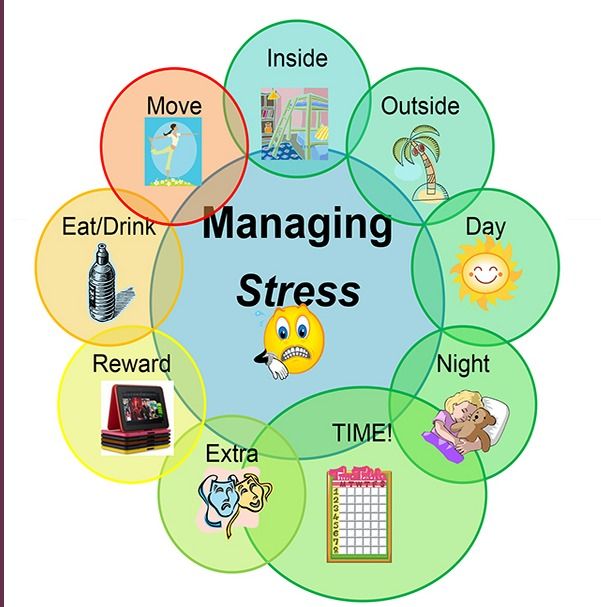 ........284
........284  .................295
.................295  ...........................................306
...........................................306  .......316
.......316  ................................................. .... 327
................................................. .... 327  ......344
......344  ...................................360
...................................360 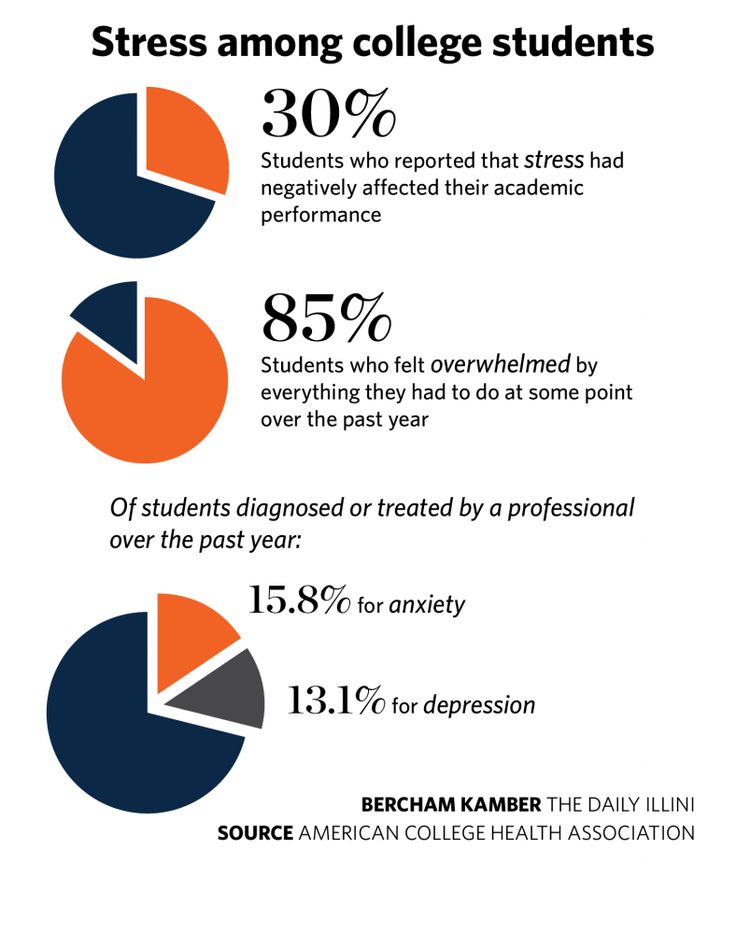 ....... 380
....... 380 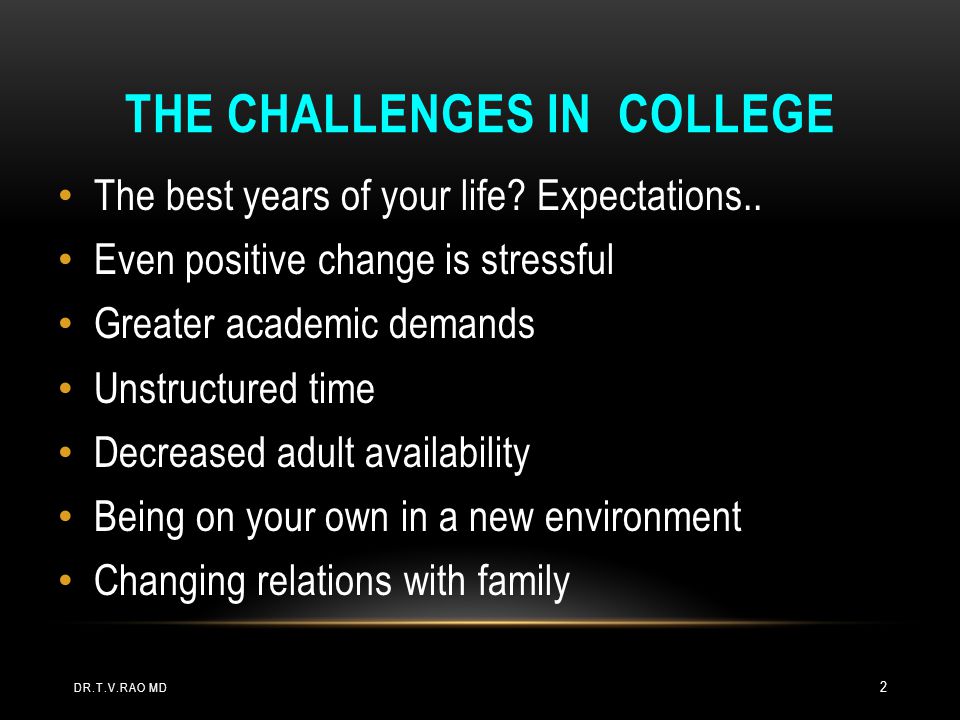 ........390
........390  ............................. 403
............................. 403 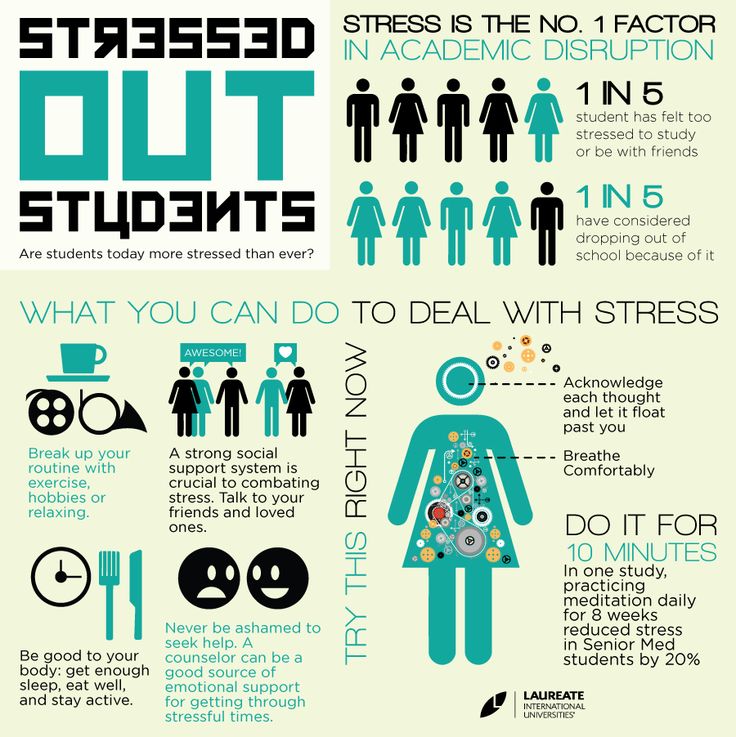 ...................................422
...................................422 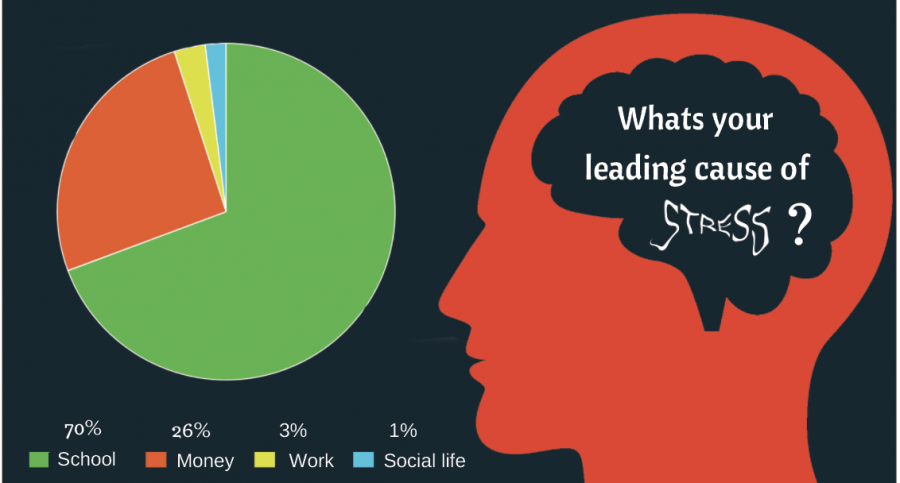 ................. ...437
................. ...437 







